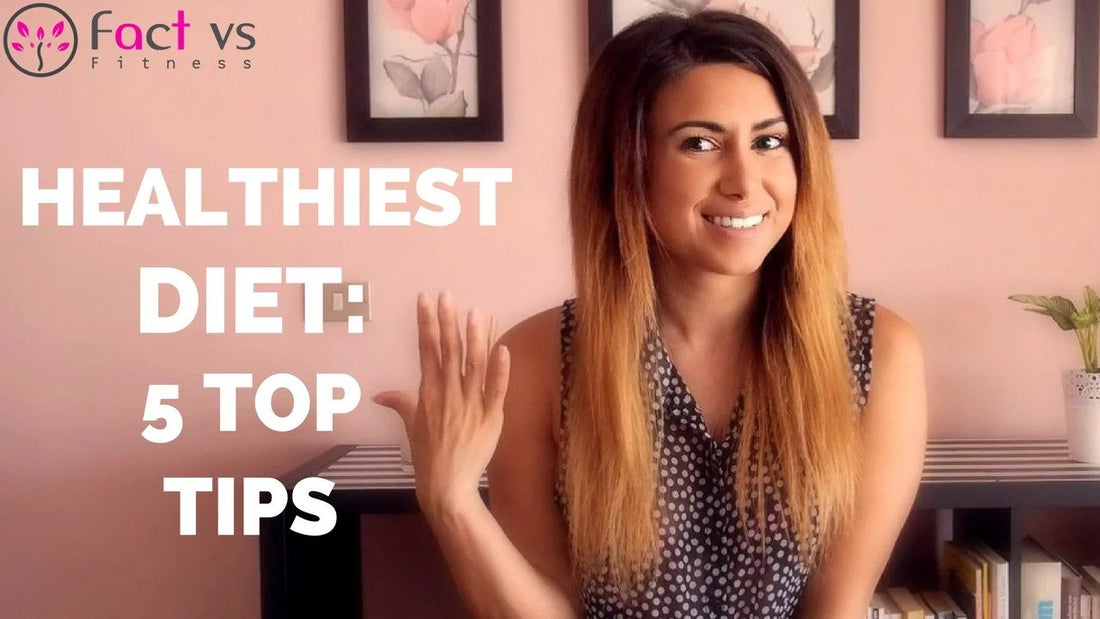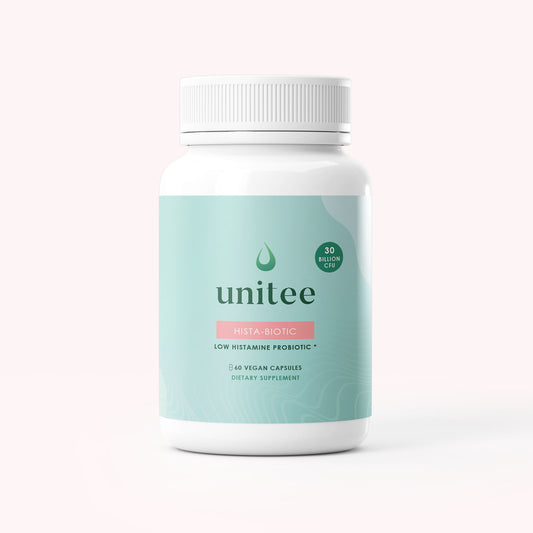Have you ever noticed that there’s a million different healthy diet plans, that all claim they are the best one?
Have you ever felt confused by this, and wondered what is actually the healthiest diet out there?
Don’t worry, I’ve got you covered.
Today I’m going to be discussing universal guidelines for the healthiest diet to live by, and tell you about the best types of foods you should be eating.
Finding the Healthiest Diet: Why it’s so Confusing
As a nutritional scientist, I get a lot of questions about what is the true healthiest diet. Each day, my Twitter inbox is literally filled with questions by confused consumers simply trying to figure out how and what to put in their mouths.
This is fair enough because, if you’ve looked up anything about health, you’ve probably noticed pretty quickly that there’s a lot of conflicting evidence out there. Some people advocate 80/10/10 diets that are high in carbs and low in fat, whereas other people praise a ketogenic diet which is essentially the opposite ratio and is super high in fat and low in carbs.
This can get really confusing, fast.
Thankfully, you’ve got a scientist on your side and, below, I’ve detailed my 5 guidelines to live by in order to start eating the healthiest diet for your body.
Healthiest Diet Plan: 5 Guidelines for Eating YOUR Healthiest Diet
- Eat Plenty of Vegetables – There are a million diets out there that claim to be the best and healthiest diet. But, somehow, they are all so different from each other. So… what’s the one thing that nearly every single one of these diets, and all scientific research advocates? Eating your veggies! This is for good reason, as vegetables are packed with nutrients and all different types of healthy fibers that promote a healthy bacterial balance, regular bowel movements, reduced inflammation, improved nutrient status, regulation of appetite and hormone levels, all while helping to maintain a healthy weight.
-
Avoid a Restrictive Mentality– Several studies have shown that a restrictive mentality can create both dissatisfaction with your diet, and lead to rebound binges. The result of this is an inability to maintain your diet in the long-term and, often, rebound effects on health and weight regain. The better approach is to use mindfulness – which is an awareness of your mind and bodily sensations in the current and present state. This mindset will help you to moderate and make good dietary choices, while also balancing both mental and physical health goals. In other words, if it’s your best friend’s birthday and you’re dying to have a piece of cake, go for it and don’t feel guilty. These things shouldn’t be a part of your everyday routine, and you should certainly focus the majority of your diet on healthy, natural foods that you enjoy – but, every once in a while, give in to your cravings, indulge, and just be sure to do it in moderation by really asking yourself “what does my body want right now?”
- Eat a Wide Variety of Foods – By eating the same foods every day, you’re actually limiting your nutrient variety. Even if you’re eating all healthy foods, your body needs to be taking in all different kinds of nutrients to survive and thrive. Additionally, some nutrients even compete with others, so if you’re repeating a food every single day that’s really high in one nutrient, it may be reducing your levels of another nutrient and actually cause certain nutrient deficiencies and health issues! The best way to get passed this is to eat the widest possible variety of foods (especially veggies!) that you can get your hands on. Eat a whole rainbow and enjoy 😉
- Eat What Makes Your Body Feel Good – Eat things that work with your body and don’t force yourself to pile a load of “healthy” foods onto your plate if they’re not making you feel good. Everyone’s body is different, and there is no one diet that will be perfect across every single person’s digestion, genetics, biology and health status. Find what works for you and stick with it. You don’t need to follow a high carb, low fat diet. You don’t need to stick to a ketogenic diet. You don’t need to be vegan, vegetarian or carnivore. You need to follow the YOU diet, and you know your body best. Eat what you know is good for you, and is making your body feel good.
- Live a Low Sugar Lifestyle – Evidence clearly demonstrates the downside of having a high sugar diet. These downsides can include bacterial imbalances, inflammatory issues, glycemic dysregulation, weight gain, IBS and even contribute to a myriad of chronic illnesses. If you have a sweet tooth, try to go for foods that have a lower glycemic load. A general rule of thumb here is that sweet foods with more fiber will have less of a negative impact. For example, eating whole fruits that still have the fiber intact (as opposed to smoothies) is going to provide more health benefits and offset negative effects.
Healthiest Diet: Getting Started
So guys, as you can see, all of these guidelines appear to be way less strict and more personalizable than others claiming they are the healthiest diet plan out there.
The point is that personalization is key, because you are unique. By becoming more mindful of what does and does not work with your body within the spectrum of what’s considered healthy, you’ll be able to find a diet that works for you.
So, it’s time to throw out the strict rules that every diet in the world is trying to push on you. You are unique. Your body is unique. So, let your diet be unique too.
Health begins in the gut,
Anita Tee, MSc

Anita Tee
My name is Anita Tee. I'm a nutritional scientist who specializes in histamine intolerance. I hold a Master of Science in Personalized Nutrition and a Bachelor of Science in Human Biology and Psychology.For the past ten years, I have used my experience in nutritional and medical health sciences to create a scientifically backed, natural approach to healthcare that relies 100% on evidence-based research.As I previously suffered from - and overcame - histamine intolerance, my focus is to increase recognition and expand the available resources and protocols available for resolving this particular disorder. To date, I have helped over 4,000 individuals fully resolve or better manage their histamine intolerance symptoms.







